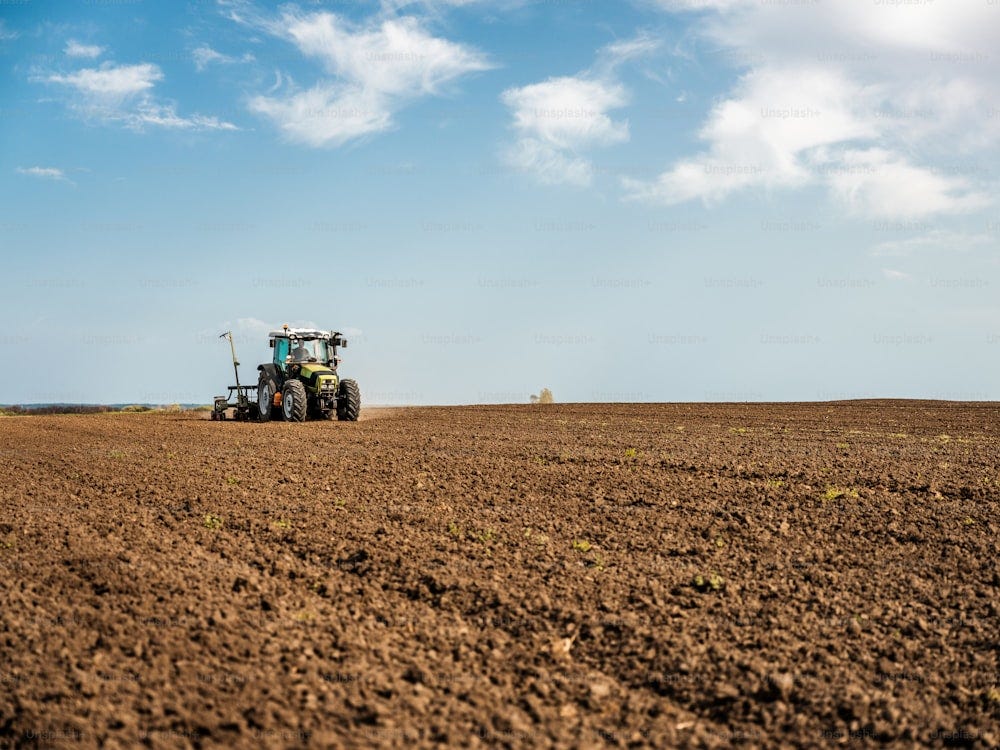EE#23 From big C to shining little c
Policy in government needs to work with those for whom change is hard
Policy in opposition aims to create a dividing line, show your party’s values, and attract votes. It needs to be a credible solution to a problem voters care about and stand up to attack in Westminster. But as you get closer to being in government policy shifts. Governing is about policy in practice, how you implement it, alongside who. Until November, Labour’s energy policy will move from seperating the party from Big C Conservatives to working with small c conservative groups.
Small c conservatives are those not always receptive to change. Many think of the Civil Service, Sir Humphrey striking down ideas that have been tried and failed before. But Sir Humphrey doesn’t reflect the current Civil Service mood. Government has used them as a political tool, attacked them for wokeness and laziness, and overseen unprecedented policy churn without ever achieving something. The Civil Service will be receptive to any government arriving with a plan and enthusiasm.
Other groups need more careful thought. If Labour wants to implement its climate and energy plans three in particular will need to be part of policy planning: farmers, unions and environmental groups.
Farmers
There is one sector that truly terrifies Tony Blair, a man who swept away all small c’s before him - agriculture. Farmers have spent 2024 blocking roads and spraying shit on governments across the EU. When Just Stop Oil do that there’s outrage, when Farmers do it, politicians pay attention. In response, the Commission ditched its pesticide law and is watering down emissions plans for agriculture. Farmers are shifting votes. Pro-farming parties have emerged or aligned with existing far-right movements, sparing few countries in Europe.
But in the UK, post Brexit, with new trade deals and the threat of new environmental rules, Labour sees farmers breaking with the Tories. There’s a sense the party alongside new rural seats, could win the NFU vote. The NFU, despite its name, is a trade association, not a union, winning their vote would be huge. The average farmer is a 59yo, male, high wealth business owner - that is not a typical Labour voter.
On Labour’s planning and development policy, farmers may be supportive, it’s likely more income for them. Decarbonisation is more of a problem. There are many proposals but few have any idea how to overcome the political challenges, and few examples bar maybe New Zealand where progress has been made.
The challenge, as always with industrial policy, is in changing the size and shape of the sector, and altering subsidies. Because of farmer’s political salience and public support, we have moved nowhere yet - either through tech or through behaviour change. On the doorstep in Kent recently, food security (and support for farmers) came up unprompted - a lot. I don’t know how you fix this.
"Trade unions must be partners in change, not its enemies - champions of change, even”. Tony Blair, 1999
Unions
While Blair famously felt he needed to change Labour’s relationship with unions to enact his agenda, unions in 2024 are a different beast. Membership is down from nearly a third of the workforce in 1996 to a fifth now. Affiliated unions' role in both Labour and national policy is weakened.
Still, union density is higher in the sectors Labour’s plans want to make change, notably energy. Their pledge to end new oil and gas licences for example has been vocally opposed by the UK’s two biggest unions, Unite and GMB. Licences may look like the flashpoint but they are a stalking horse for the issues a first-term Labour government will inherit - winding down gas boilers, the gas grid and ruling out hydrogen for home heating.
There are many lessons from abroad on how unions and government can work together on net zero. Unions in the US were influential in designing the IRA. Most subsidies come with conditions attached to hire union workers and pay union wages. Unions were integral to Germany’s agreement on a coal phase-out, and on negotiating coal transition deals in Andulcia. (interestingly for Labour, every region that has a just transition deal saw its vote for the left party PSOE increase). Unions in Australia have been integral to the Labor Party’s creation of a net zero transition authority. That said while the US or Aus are interesting examples, neither country is committed to phasing out fossil fuels.
UK unions are not homogenous, they hold a vast array of positions on the transition and how to make it fair. Community Union, for example, in their embrace of electric arc furnances for steel making, has got ahead of change to ensure it works for their members. Labour should not mistake pointed opposition for widespread disapproval of its plans. This is one of the reasons to lead with Labour’s New Deal for Working. Unions are less likely to think that a Labour green transition will be bad for workers when Labour is acting in their interest elsewhere.
Environmental Groups
ENGos are aligned with Labour’s plans in the abstract, but when it comes to implementation planning in particular is going to be a challenge. Tools like strategic spatial plans and biodiversity net gain may help to negotiate trade-offs, but these are hamstrung by the resourcing and capacity of groups like Natural England. If the Greens and Lib Dems sense a fracture they will pounce to weaponise planning alongside environmental groups as happened with the LDs in Chesham & Amersham and Greens in Suffolk.
There is no one route forward. We’re going to have to rethink consultation to speed up planning - perhaps going deeper, earlier, as the Australians are trialling, eNGOs could get ahead of what that looks like here. Others jump to new institutions. If only Labour had a Blue/Green alliance bringing environmental groups together with unions like in the US. But this ignores both the make-up and history of both groups in the UK, and the fact that we are not looking to pass a single piece of legislation like IRA.
Institutions may be the answer but only when you have a question or problem that is relevant to their creation. There is only any point of the buy-in of the group speeds up action. Would a working group with farmers be more effective than using early political capital to change the structure of subsidies? Is a national conversation with unions better than local transition agreements? To make policy deliverable each will need their own strategy, without it policy will remain a dividing line, but will the millions of small c conservatives not just the few big C tories.






